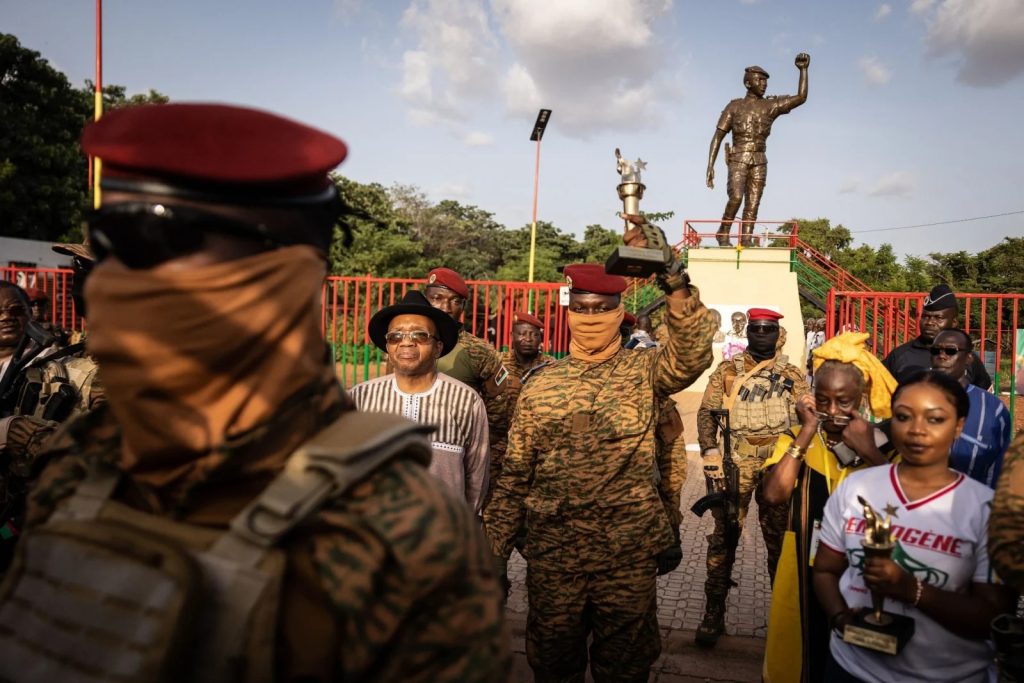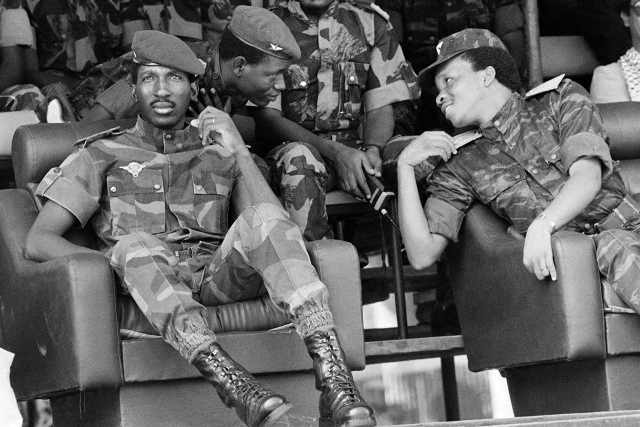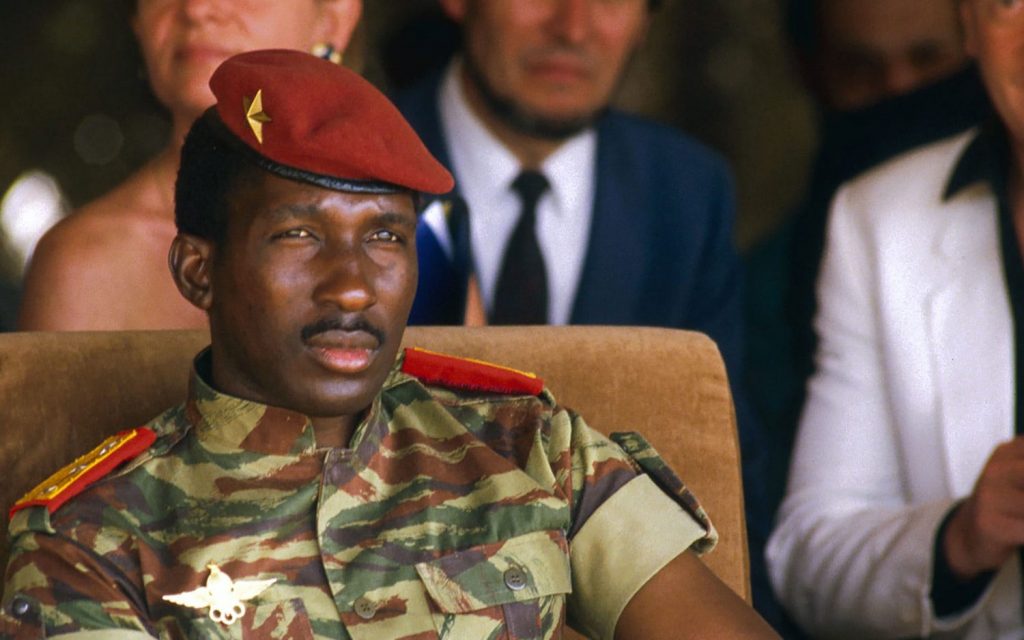Today marks the 37th anniversary of the assassination of Thomas Sankara, the revolutionary leader and former President of Burkina Faso. President Captain Ibrahim Traoré led the commemoration, honoring Sankara’s legacy and his contributions to the nation.
In a statement on his official X account, Traoré described the assassination of Sankara and his 12 companions as “cowardly and ignoble.” He referred to Sankara as the “Father of the Democratic and Popular Revolution of August 4, 1983,” and paid tribute to his integrity, patriotism, and unwavering commitment to a dignified, free, and sovereign Burkina Faso.
“His fight and his vision remain a benchmark that guides our action and nourishes our commitment and our determination for the reconquest of the national territory and the construction of a new Burkina of peace, security, prosperity, and progress for all Burkinabè,” Traoré said in his emotion-laden speech.

Thomas Sankara, known for his revolutionary stance against colonialism and Western financial institutions like the World Bank and the International Monetary Fund (IMF), was assassinated on October 15, 1987, at the age of 37.
Sankara’s presidency, which began in 1983, was marked by significant social, ecological, and economic reforms. He renamed the country from Upper Volta to Burkina Faso, meaning “Land of Incorruptible People,” and its citizens as Burkinabè, or “upright people.”

Sankara’s policies focused on anti-imperialism. He rejected loans from international organizations to boost the domestic economy and achieve self-sufficiency. His domestic initiatives included famine prevention, land reform, a nationwide literacy campaign, and a vaccination program that distributed millions of doses to children across Burkina Faso. Sankara also combated desertification by planting over 10 million trees and enforced the prohibition of female genital mutilation, forced marriages, and polygamy.
Death By Friends
Despite his popularity among the masses, Sankara’s policies alienated elements of the former ruling class and the governments of France and Ivory Coast. On October 15, 1987, Sankara was assassinated by troops led by Blaise Compaoré – a cousin of his, who subsequently took power and ruled until the 2014 Burkina Faso uprising. In 2021, Compaoré was found guilty of Sankara’s murder by a military tribunal, but before then he had fled into exile in France.

As Burkina Faso remembers Sankara’s legacy, President Traoré’s tribute underscores the enduring impact of Sankara’s vision and the ongoing struggle for a prosperous and sovereign nation.
His death remains a stark reminder that Africa’s leadership struggles have also come from external sabotage of its greatest patriots.
Comment, Like 👍, share this article, and Follow us on our social media handles.








